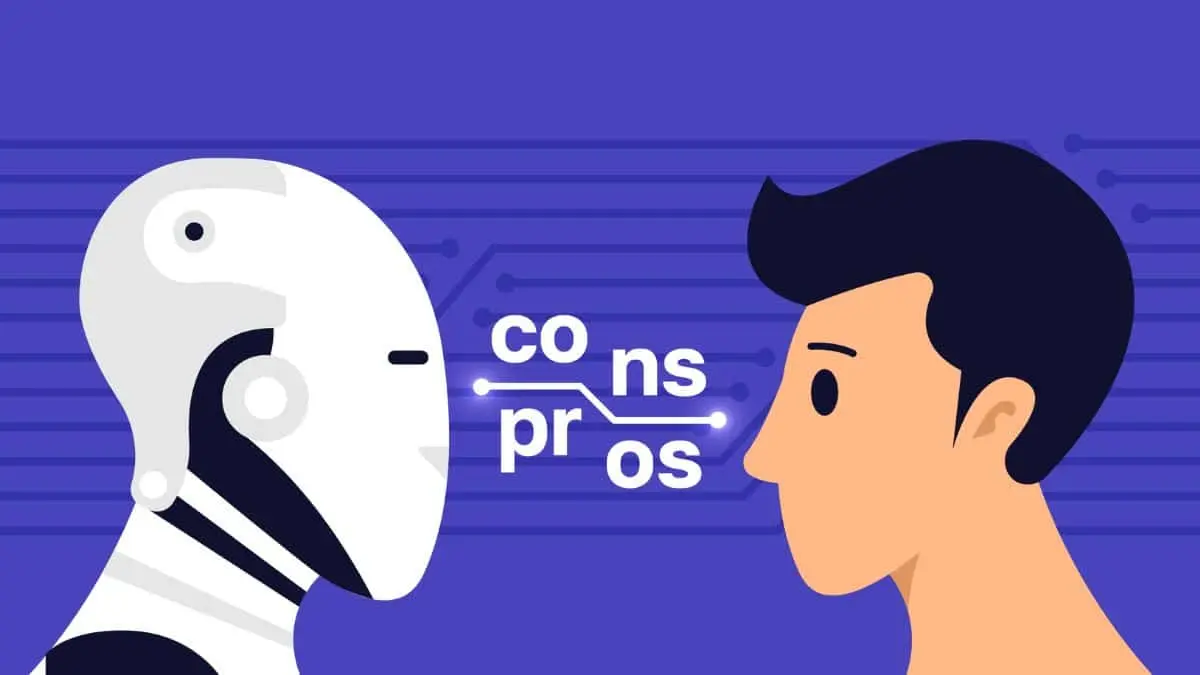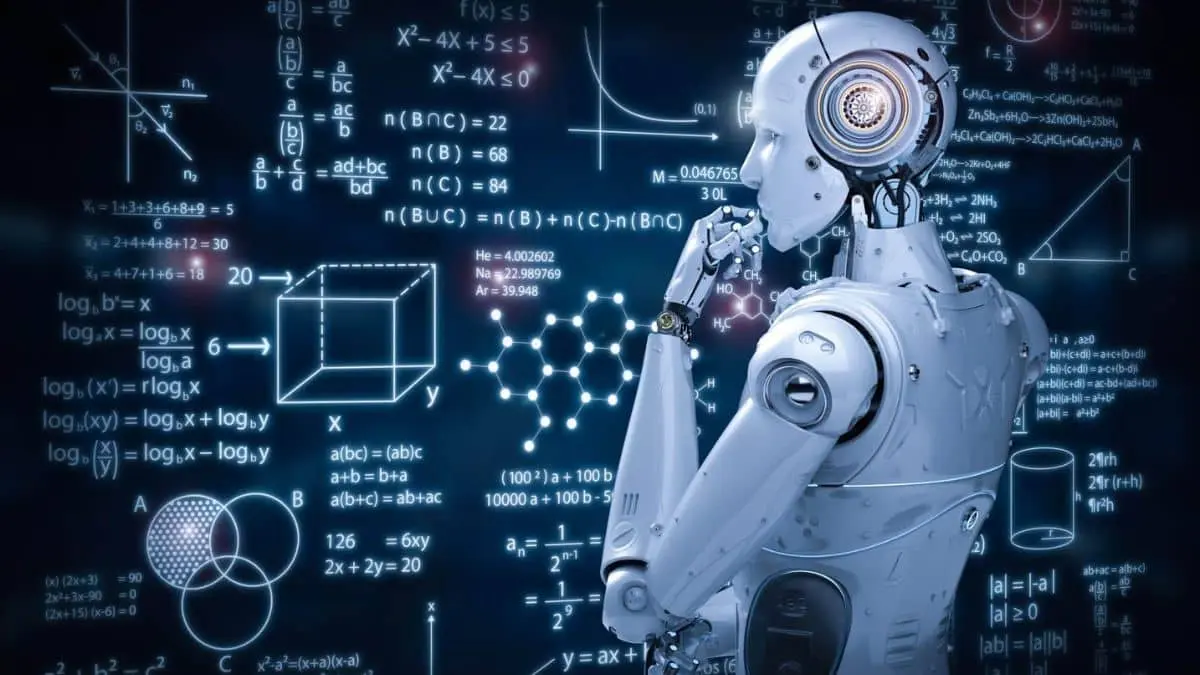- AI in education encompasses a range of technologies designed to enhance learning experiences, improve administrative pro…
- The most significant impacts of AI in education is the ability to provide personalized learning experiences.
- AI-driven systems analyze students’ learning patterns, strengths, and weaknesses to tailor educational content to …
- Adaptive Learning Systems: These systems adjust the difficulty level of tasks based on real-time analysis of student per…
- Lifelong Learning: AI can support lifelong learning by providing continuous education opportunities tailored to individu…
- Global Access to Education: AI has the potential to democratize education, providing quality learning resources to stude…
As we progress further into the 21st century, the integration of AI in education has become one of the most discussed topics in 2024. From personalized learning and AI-driven assessments to enhanced administrative efficiency and special education support, The Impact of AI on Education is huge and it is transforming the educational landscape.
Introduction to AI in Education
AI in education encompasses a range of technologies designed to enhance learning experiences, improve administrative processes, and personalize education. These technologies include machine learning, natural language processing, and robotics, among others. The primary objective of AI in education is to create more efficient, engaging, and effective learning environments.
Personalized Learning
The most significant impacts of AI in education is the ability to provide personalized learning experiences. AI-driven systems analyze students’ learning patterns, strengths, and weaknesses to tailor educational content to individual needs. This personalization helps students learn at their own pace and style, leading to better engagement and improved outcomes.
- Adaptive Learning Systems: These systems adjust the difficulty level of tasks based on real-time analysis of student performance. For instance, if a student struggles with a particular concept, the system provides additional resources and practice until mastery is achieved.
- Intelligent Tutoring Systems: AI-powered tutors offer personalized feedback and support, mimicking one-on-one instruction. They can answer questions, provide explanations, and offer hints, making learning more interactive and accessible.

AI-Driven Assessment and Feedback
AI is revolutionizing the way assessments are conducted and feedback is provided. Traditional assessments, often limited to exams and quizzes, are being replaced or supplemented by AI-driven evaluations that offer a more comprehensive understanding of student performance.
- Automated Grading: AI systems can grade assignments, quizzes, and exams quickly and accurately, saving educators time and providing immediate feedback to students. This rapid feedback loop helps students understand their mistakes and learn from them promptly.
- Formative Assessments: AI enables continuous assessment through interactive platforms that monitor student progress in real-time. This allows educators to identify and address learning gaps immediately, rather than waiting for end-of-term exams.
Enhancing Administrative Efficiency
AI is not only transforming teaching and learning but also improving administrative efficiency in educational institutions. From admissions to scheduling, AI-powered tools streamline various administrative processes.
- Admission Processes: AI can automate the sorting and evaluation of applications, ensuring a fair and efficient admissions process. This helps institutions handle large volumes of applications and identify the most suitable candidates.
- Scheduling and Resource Management: AI algorithms optimize timetables, allocate resources, and manage logistics, ensuring that both educators and students have a smooth and well-organized academic experience.
AI in Special Education
AI technologies are proving to be particularly beneficial in special education, offering tailored support to students with diverse needs.
- Assistive Technologies: AI-powered tools such as speech recognition, text-to-speech, and predictive text help students with disabilities to communicate and learn more effectively. For example, students with dyslexia can use text-to-speech applications to aid their reading comprehension.
- Individualized Learning Plans: AI systems develop personalized learning plans based on each student’s unique needs, ensuring that all students receive the support they require to succeed.
Challenges
Despite the numerous benefits of AI in education, there are also significant ethical considerations and challenges that must be addressed.
- Data Privacy and Security: The use of AI in education involves the collection and analysis of vast amounts of student data. Ensuring the privacy and security of this data is paramount. Institutions must implement robust data protection measures to prevent breaches and misuse of sensitive information.
- Bias and Fairness: AI systems can perpetuate existing biases if not properly designed and monitored. It is crucial to ensure that AI tools are fair and equitable, providing equal opportunities for all students regardless of their background.
- Teacher Roles and Responsibilities: The integration of AI raises questions about the evolving roles of teachers. While AI can handle administrative tasks and provide personalized instruction, teachers remain essential for fostering critical thinking, creativity, and emotional intelligence. The challenge lies in balancing AI support with the irreplaceable human touch in education.
Future Prospects
Looking ahead, the future of AI in education holds exciting possibilities. As technology continues to advance, AI will likely become even more integrated into the educational landscape.
- Lifelong Learning: AI can support lifelong learning by providing continuous education opportunities tailored to individual needs and career goals. This will help individuals stay relevant in a rapidly changing job market.
- Global Access to Education: AI has the potential to democratize education, providing quality learning resources to students worldwide, including those in remote and underserved areas. Online platforms and AI-driven educational tools can bridge the gap between different regions and socio-economic groups.
- Collaborative Learning Environments: AI can facilitate collaborative learning by connecting students from diverse backgrounds and enabling them to work together on projects and problem-solving tasks. This fosters a global perspective and enhances cultural understanding.

Case Studies and Success Stories
Several institutions and organizations are already witnessing the positive impact of AI in education. Here are a few notable examples:
- Carnegie Learning: This AI-driven educational platform offers personalized math instruction to middle and high school students. Studies have shown significant improvements in student performance and engagement compared to traditional teaching methods.
- Duolingo: A popular language-learning app, Duolingo uses AI to provide personalized lessons and immediate feedback. The app adapts to each learner’s pace and proficiency level, making language learning more effective and enjoyable.
- Georgia State University: The university implemented an AI-powered chatbot to assist students with administrative tasks and provide academic support. The chatbot has successfully reduced summer melt (when accepted students fail to enroll) and improved student retention rates.
Also Read: HOW TO IMPROVE SELF DISCIPLINE?



